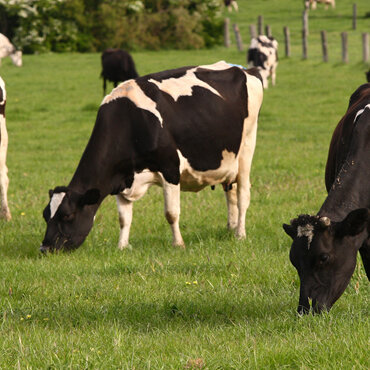Franklin Vets
Franklin Vets - excellence in veterinary care for dairy, farming, lifestyle, equine and household pets. BESTPRACTICE ACCREDITED NZ.
Your account is powered by Storbie. To edit your profile visit my.storbie.com
Your account is powered by Storbie. To edit your profile visit my.storbie.com

Franklin Vets - excellence in veterinary care for dairy, farming, lifestyle, equine and household pets. BESTPRACTICE ACCREDITED NZ.



